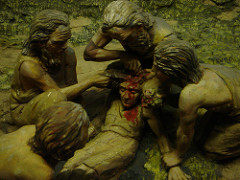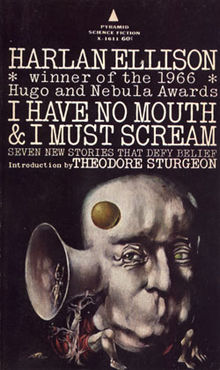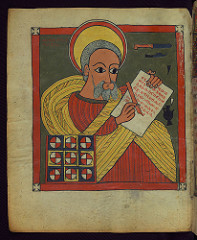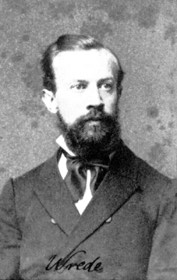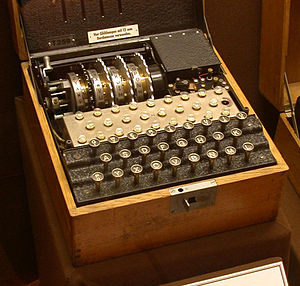
Accommodating the unaccommodatable
I was taken aback when I saw that the pingback on my previous post, Miracles and Historical Method, was from the Doctor of Whoville. Since we know McGrath doesn’t read Vridar, somebody must have told him about it.
I kid. We love the good doctor. Salt of the earth and all that. So what’s happening over on the Matrix? Sure, he’s peddling his latest book, but the subtitle is “What Does History Have to Do with Faith?” so I guess the pingback is legit. In yesterday’s post, Demolishing and Reconstructing the Burial of Jesus (and Christianity Itself), McG asks: “What, in short, should Christianity look like in the aftermath of historical study?”
This subject marginally interests me. I’m curious about religions and what people believe, but the ways in which people accommodate ancient superstition with modern reality makes me uncomfortable. Not that there’s anything wrong with accommodation, it’s just that the part of my life where I tried to salvage the good parts of Christianity in light of — well, in light of reality — is over. The mental gymnastics involved just weren’t worth the effort. It felt too much like keeping two sets of ledgers: one set of books with cooked numbers that add up to God and another set that actually make sense.
Honk if you’re a skeptic
The paragraph that linked to my post reads as follows: Continue reading “Leap of Faith or Failure of Reason?”


